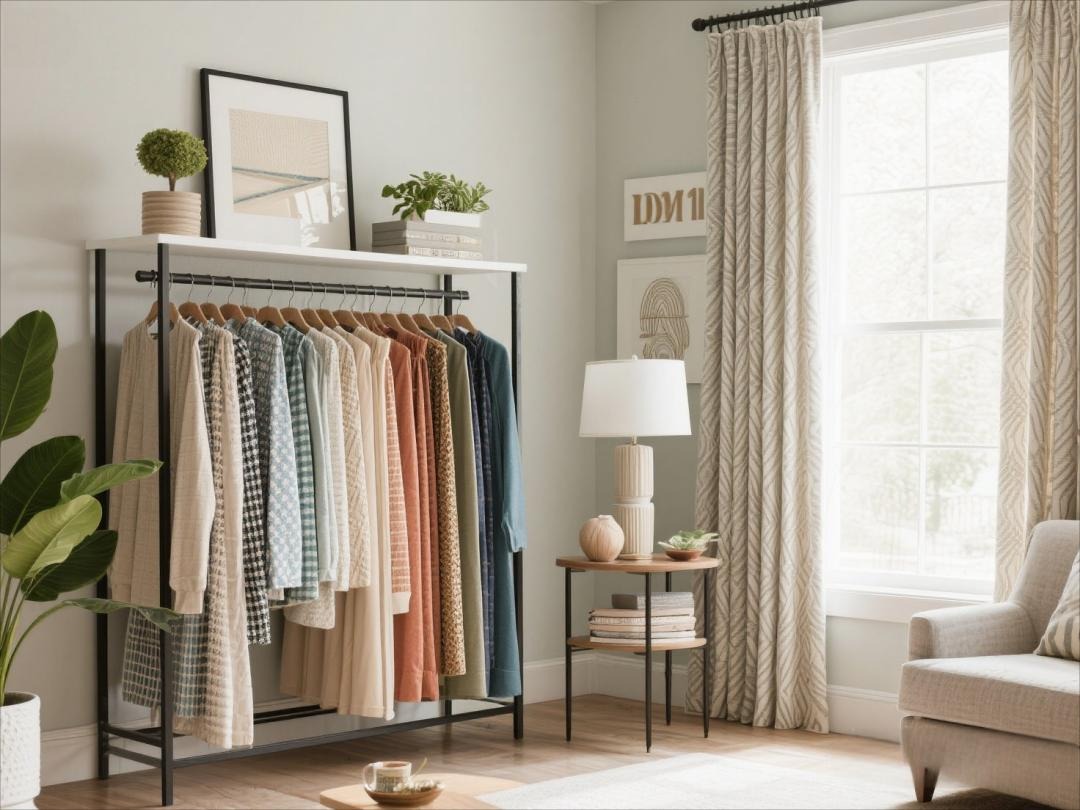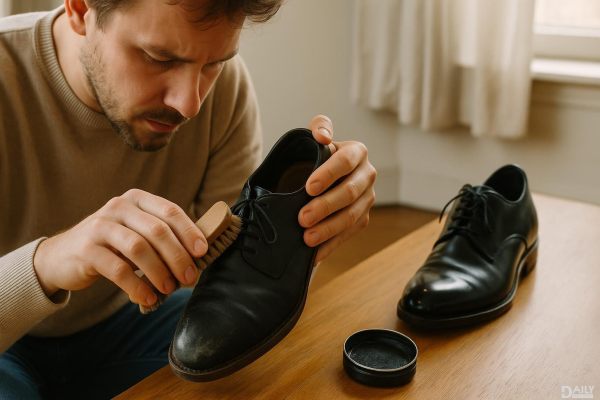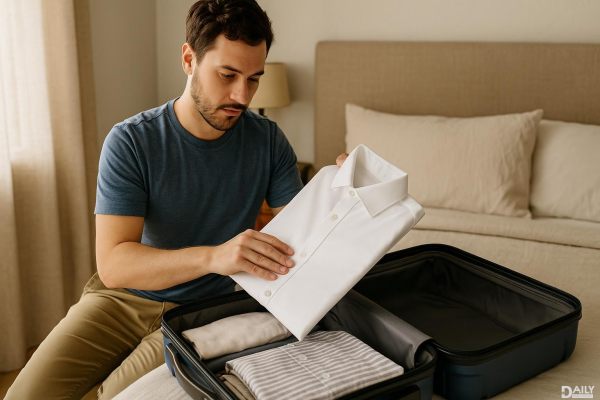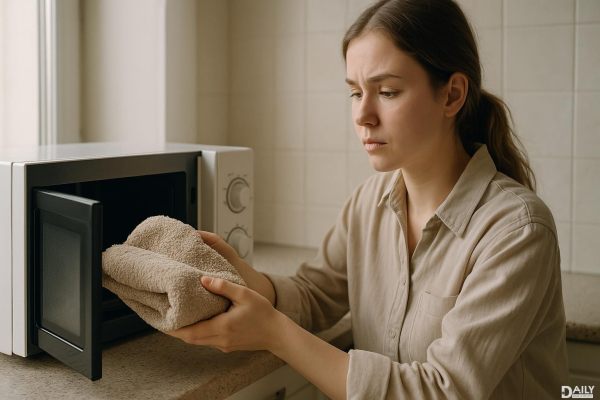Buying your first home is exciting—until you realize there’s a whole list of hidden costs lurking behind that shiny "sold" sign. Sure, you budgeted for the down payment and mortgage, but surprise expenses like property taxes, maintenance, and even unexpected HOA fees can turn your dream home into a financial headache. Let’s break down the sneaky costs first-time buyers often miss so you’re not blindsided.
Closing Costs: The Silent Budget Killer
You’ve saved for the down payment, but closing costs can add another 2%–5% to your total purchase price. These fees include appraisal charges, title insurance, loan origination fees, and escrow payments. Some lenders roll them into your mortgage, but others demand cash upfront. Pro tip: Negotiate with the seller to cover part of these costs—it’s common in slower markets. And always get a Loan Estimate form from your lender early to avoid last-minute sticker shock.
Property Taxes: The Gift That Keeps on Taking
Property taxes aren’t just a yearly nuisance—they’re often bundled into your monthly mortgage payment via an escrow account. But here’s the kicker: Tax rates vary wildly by location, and reassessments after purchase can spike your bill. In some areas, taxes double if your home’s value jumps. Research local trends and ask about homestead exemptions (tax breaks for primary residents) to soften the blow. And if you’re in a flood zone? Add special assessment districts to the mix.
Homeowners Insurance: More Than Just Fire Coverage
Basic policies cover fire and theft, but floods, earthquakes, and hurricanes often require separate—and pricey—riders. Lenders mandate insurance, but they won’t remind you that premiums rise with inflation or after claims. Shopping around annually can save thousands. Also, don’t skip liability coverage: If someone trips on your porch, you’ll want protection beyond your HOA’s policy (if you even have one).
Maintenance: The Never-Ending Money Pit
That "move-in ready" home? It’ll still need repairs. Budget 1%–3% of your home’s value yearly for upkeep. Leaky roofs, HVAC replacements, and plumbing disasters don’t care about your savings account. Older homes may need pricier fixes like rewiring or foundation work. Create an emergency fund before buying—because $15,000 for a new sewer line isn’t exactly pocket change. Bonus headache: Landscaping. Trees grow, sprinklers break, and HOAs fine you for dead grass.
HOA Fees: Paying for Rules You Didn’t Make
Monthly HOA dues cover amenities like pools or trash pickup, but they can balloon unexpectedly. Special assessments (think: repaving the community parking lot) might hit you with a $5,000 bill overnight. Review the HOA’s financials before buying—underfunded reserves mean higher future fees. And read the bylaws: Some ban rentals or charge for "architectural review" fees just to repaint your door.
Utilities: The Bills You Forgot to Calculate
Renters often underestimate utility costs in larger spaces. Heating a 2,000 sq ft home costs way more than a 700 sq ft apartment. Older homes leak air conditioning like a sieve, and water bills spike if you’ve got a lawn. Ask sellers for past utility statements, and budget for seasonal swings. And don’t forget "hidden" utilities: trash collection, recycling fees, or even mandatory pest control in some regions.
Moving Costs: More Than Pizza and a U-Haul
Professional movers charge $1,000–$5,000+ depending on distance and furniture. DIY moves still cost hundreds in truck rentals, packing supplies, and insurance. Forgot to measure the staircase? Add "furniture disassembly" fees. Time your move mid-month or mid-week for lower rates, and purge clutter beforehand—paying to move junk is peak frustration.
Furnishing the Place: When IKEA Isn’t Enough
Empty rooms = empty wallet. Window treatments alone can cost $3,000+ for a whole house. Then there’s appliances (fridges aren’t always included), lawn equipment, and tools for basic repairs. Thrift stores and Facebook Marketplace help, but quality furniture adds up fast. Pro move: Prioritize essentials (mattress, fridge) and delay decor splurges until your bank account recovers.
DIY Disasters: When YouTube Tutorials Fail
That "easy" bathroom Reno? It might require permits ($200–$2,000), inspections, and surprise mold remediation. Even small projects need tools you don’t own. Contractors charge $50–$150/hour, and cheap handymen can cause costlier damage. Always get multiple quotes, check licenses, and pad your budget by 20% for unforeseen disasters—like discovering your "vintage" home has knob-and-tube wiring.
Bottom line: Owning a home is rewarding, but financial surprises can sour the experience fast. Build a buffer beyond your down payment, research local costs thoroughly, and remember—the cheapest house isn’t always the best deal if it comes with $20,000 in hidden repairs. Now go forth and budget like a pro (and maybe skip that avocado toast for a few months).
























